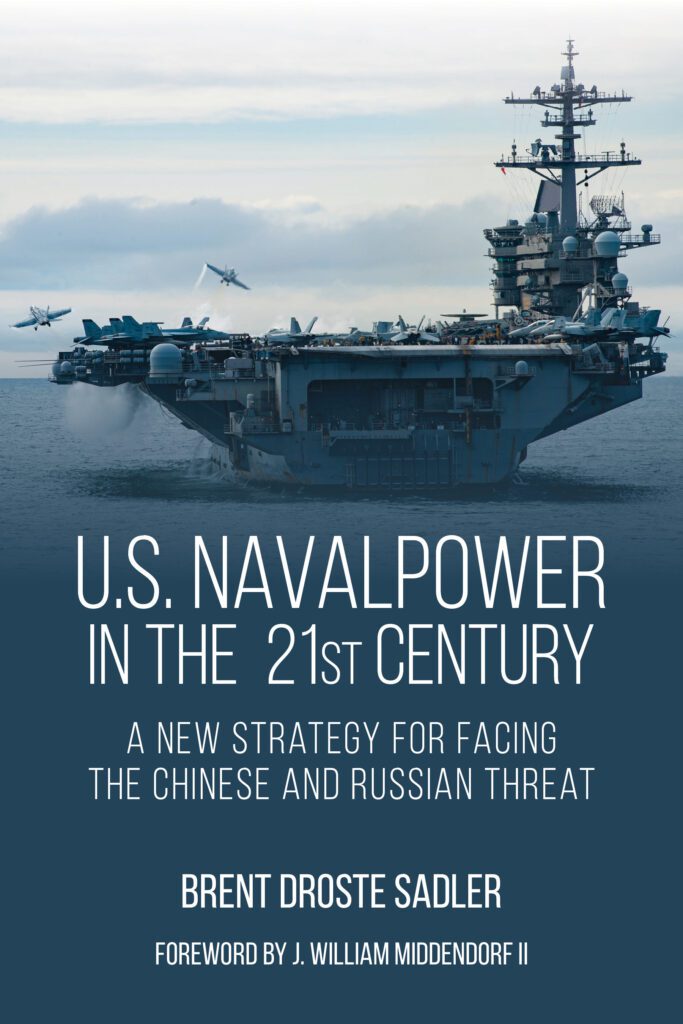The 21st century brings with it new and evolving threats to national security, such as cyber warfare, terrorism, and unconventional warfare. Traditional defense policies are no longer enough to combat these complex challenges, requiring defense policy makers to adapt and develop innovative strategies. Cyber attacks can have devastating consequences, terrorism continues to be a major threat, and unconventional warfare poses unique challenges. Proactive adaptation of defense policy, including investing in new technologies and engaging in diplomacy, is essential to address these new threats effectively. By evolving with the times, defense policy makers can help ensure the safety and security of their countries in an increasingly dangerous world.
Adapting to New Threats: The Evolution of Defense Policy in the 21st Century
Introduction
In the 21st century, the nature of threats to national security has evolved dramatically. With the rise of cyber warfare, terrorism, and unconventional warfare, traditional defense policies and strategies are no longer sufficient to ensure the safety and security of countries around the world. As a result, defense policy makers are faced with the challenge of adapting to these new threats and developing innovative and effective strategies to counter them.
Cyber Warfare
One of the most significant new threats in the 21st century is cyber warfare. In recent years, we have seen an increase in cyber attacks on governments, businesses, and critical infrastructure around the world. These attacks can have devastating consequences, disrupting essential services, stealing sensitive information, and even causing physical harm.
Terrorism
Terrorism remains a major threat in the 21st century, with terror groups using increasingly sophisticated tactics to carry out attacks on civilians and infrastructure. Defense policy makers must work to address the root causes of terrorism, as well as develop strategies to counter the threat posed by extremist groups.
Unconventional Warfare
In addition to cyber warfare and terrorism, defense policy makers must also contend with the threat of unconventional warfare, such as insurgency and guerilla warfare. These types of conflicts are often complex and difficult to predict, requiring creative and adaptive strategies to effectively combat them.
Adapting Defense Policy
Given the evolving nature of threats in the 21st century, defense policy makers must be proactive in adapting their strategies to address these new challenges. This may involve investing in new technologies, developing partnerships with other countries, and engaging in diplomacy to address the root causes of conflict.
Conclusion
As we move further into the 21st century, it is clear that traditional defense policies are no longer sufficient to address the complex and multifaceted threats facing the world today. By adapting to these new challenges and developing innovative strategies, defense policy makers can help ensure the safety and security of their countries in an increasingly dangerous world.
